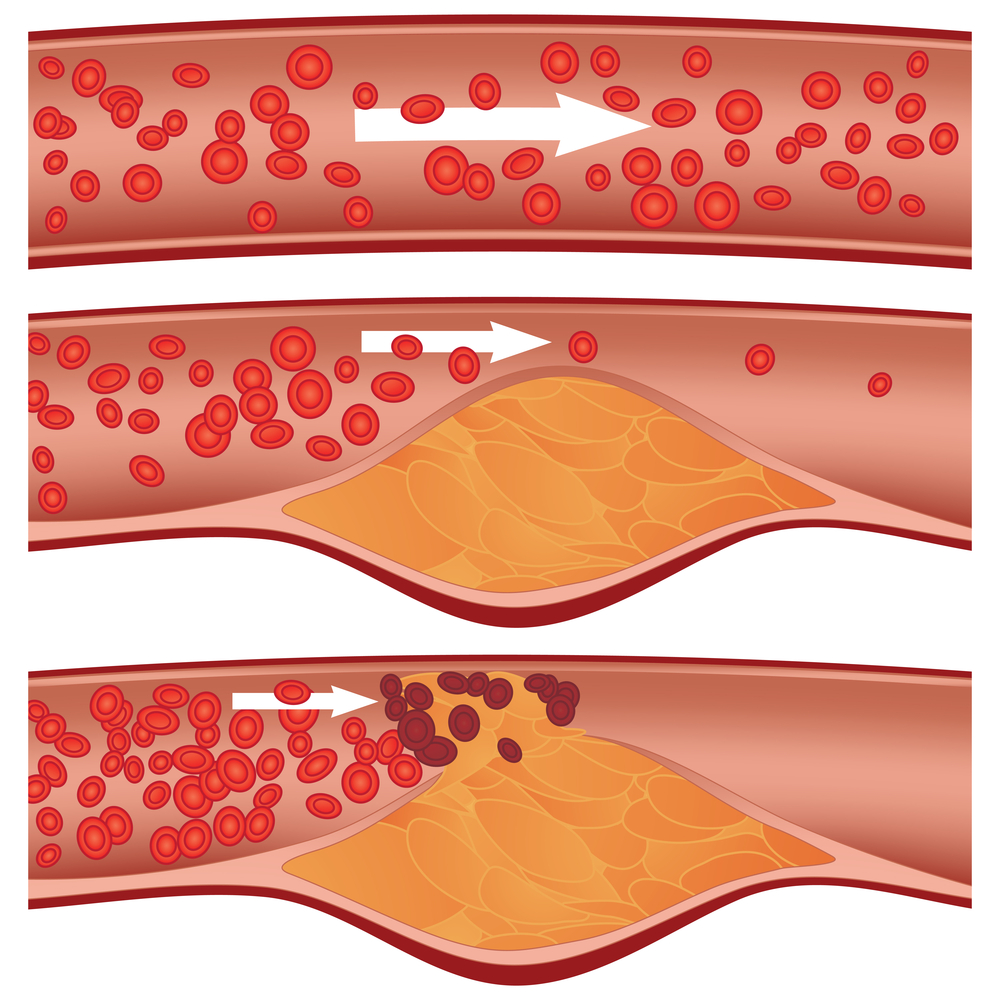- June 26, 2024
Preventing High Cholesterol

Make healthy eating choices
Your body makes all of the cholesterol it needs, so you do not need to obtain cholesterol through foods. Eating lots of foods high in saturated fat and trans fat may contribute to high cholesterol and related conditions, such as heart disease.
What you can do to help prevent cholesterol:
Limit foods high in saturated fat. Saturated fats come from animal products (such as cheese, fatty meats, and dairy desserts) and tropical oils (such as palm oil). Foods that are higher in saturated fat may be high in cholesterol.
Choose foods that are low in saturated fat, trans fat, sodium (salt), and added sugars. These foods include lean meats; seafood; fat-free or low-fat milk, cheese, and yogurt; whole grains; and fruits and vegetables.
Eat foods naturally high in fiber, such as oatmeal and beans (black, pinto, kidney, lima, and others), and unsaturated fats (found in avocados, vegetable oils like olive oil, and nuts). These foods may help prevent and manage high levels of LDL (“bad”) cholesterol and triglycerides while increasing high-density lipoprotein (HDL, or “good”) cholesterol levels.
Prevention steps and strategies
Maintain a healthy weight
Overweight and obesity raise levels of LDL (“bad”) cholesterol. Excess body fat affects how your body uses cholesterol and slows down your body’s ability to remove LDL cholesterol from your blood. The combination raises your risk of heart disease and stroke.
To determine whether your weight is in a healthy range, doctors sometimes use waist and hip measurements to measure excess body fat. Talk with your doctor about what a healthy weight is for you and work together on a food and fitness plan to help you reach or maintain a healthy weight.
Get regular physical activity
Physical activity can help you maintain a healthy weight and lower your cholesterol and blood pressure levels. Get active as a family. For adults, the Surgeon General recommends 2 hours and 30 minutes of moderate-intensity exercise, such as brisk walking or bicycling, every week. Children and adolescents should get 1 hour of physical activity every day. Make physical activity a part of each day. Take the stairs instead of the elevator, park a little farther away, walk to the store, or do jumping jacks during commercials.
Quit smoking
Smoking damages your blood vessels, speeds up the hardening of the arteries, and greatly increases your risk for heart disease. If you don’t smoke, don’t start. If you do smoke, quitting will lower your risk for heart disease.
Limit alcohol
Too much alcohol can raise cholesterol levels and levels of triglycerides, a type of fat in the blood.
There is a variety of ways to help lower cholesterol levels, but the best choice is always to work with your doctor to find out which will work best for you.

